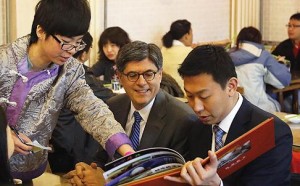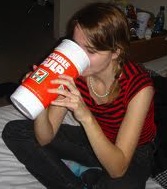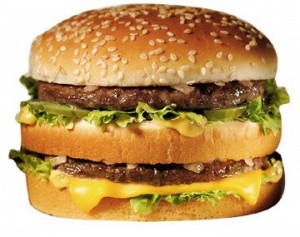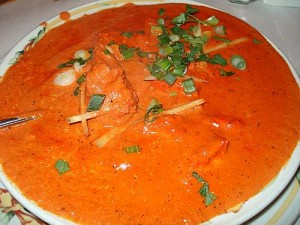New US Treasury Secretary Jack Lew, on an official visit to China, was spotted eating at a dumpling restaurant in Beijing. One wouldn’t think that would be newsworthy, but it is created a stir in China. Why? Because government ministers in China would not consider eating at such a modest establishment. Total cost for Lew and two colleagues for lunch: less than $20 (109 yuan). While such actions as this, and similar behavior by US government officials, such as new US China ambassador Gary Locke buying a coffee with a coupon while carrying his own bag, have brought praise on Sina Weibo (the Chinese Twitter) from ordinary citizens, some Chinese officials are complaining that US officials are trying to embarrass them by their conspicuous non-consumption. This is all the more stinging for Chinese officials who, under new national leadership, are fighting against perceptions of corruption, cronyism and opulent living on the part of party officials.
Of course, American politicians tend to make a show of being one of the people, in line with American egalitarianism and populism. In China, despite an official communist “government of the people”, different behavior and treatment based on social status is a long-standing aspect of Chinese culture. However, with the rise of social media, which has spread fast and widely stories of abuse of power by party officials (and sometimes their offspring), the traditional respect for higher-ups is waning, while the admiration for the modest behavior of US officials is on the rise.




